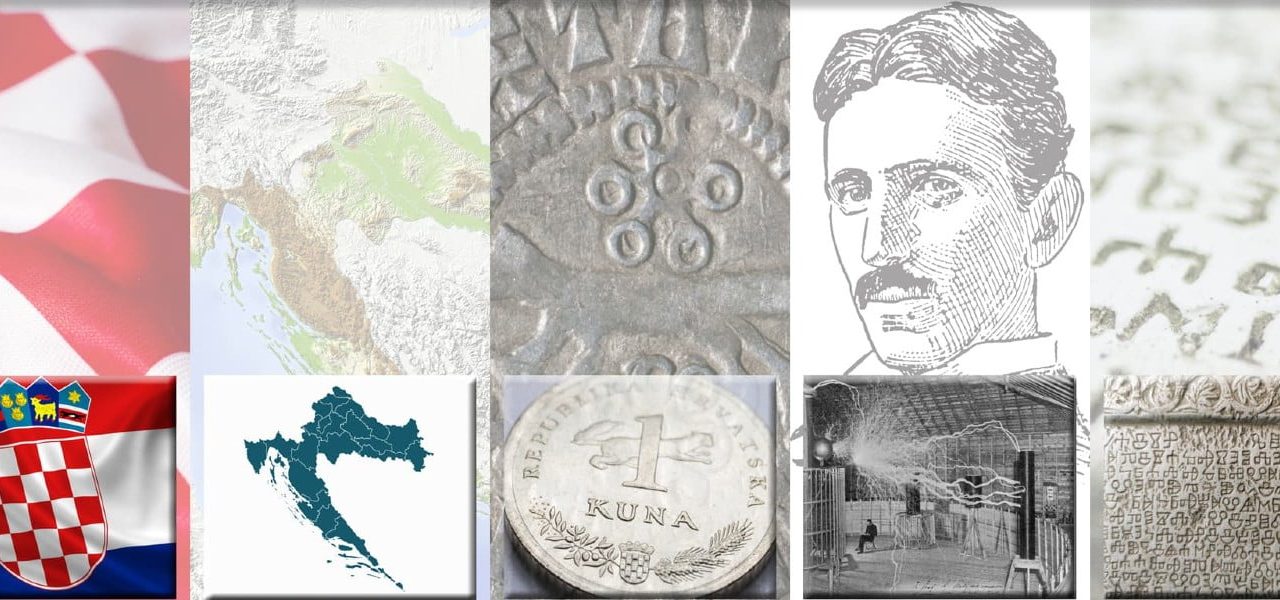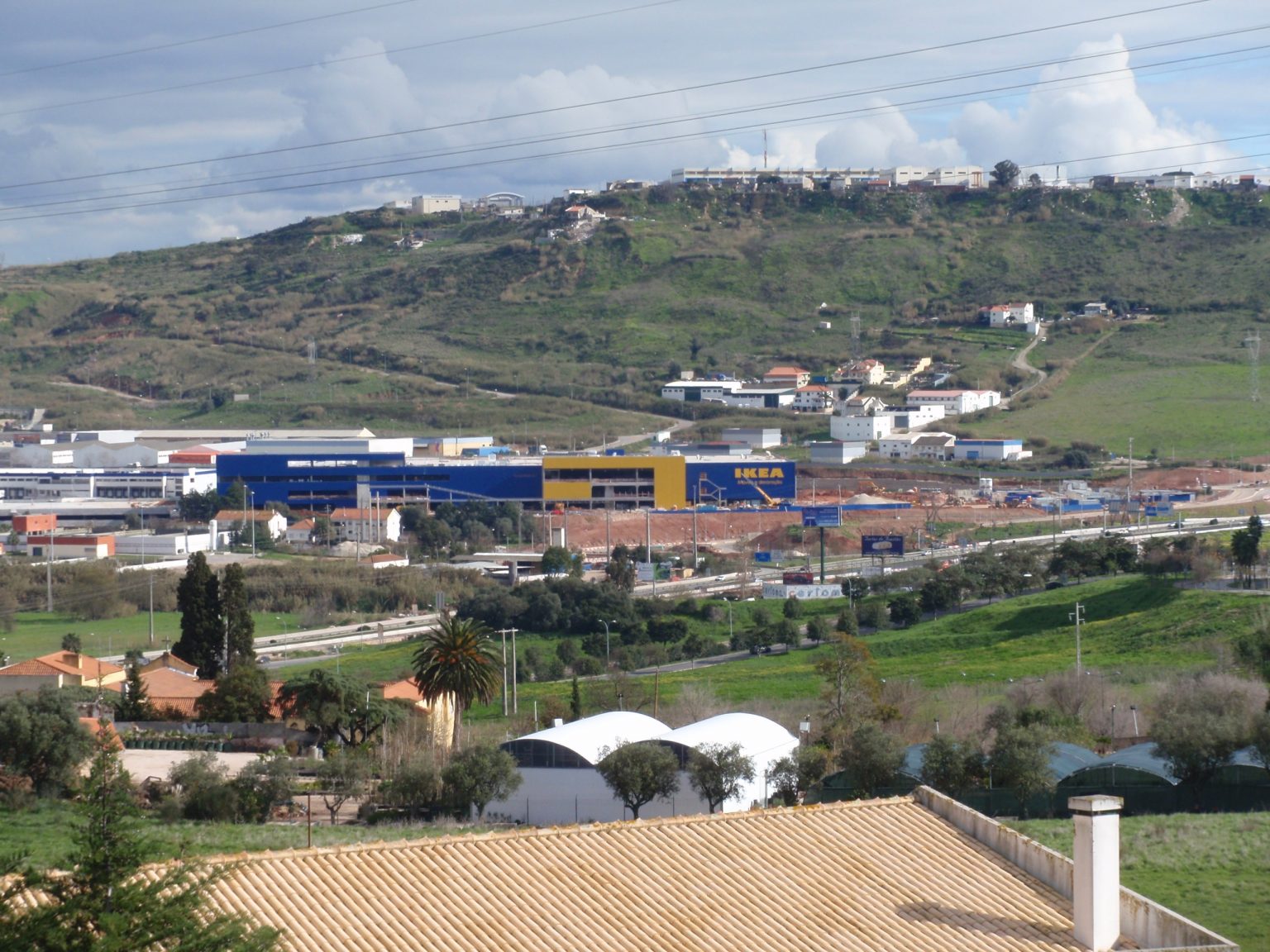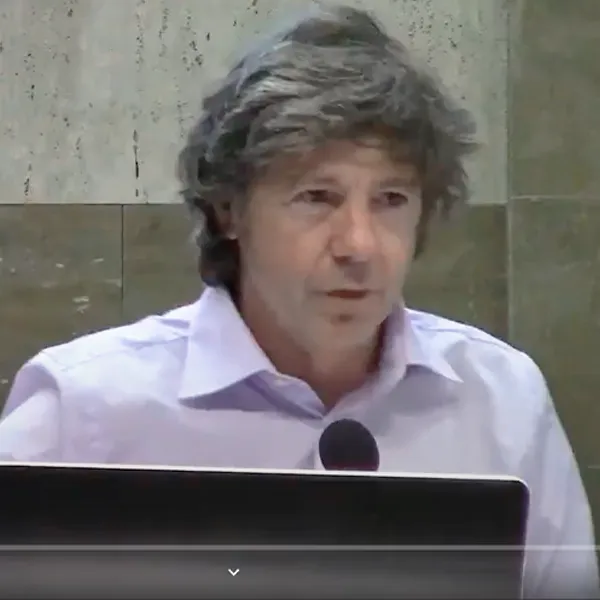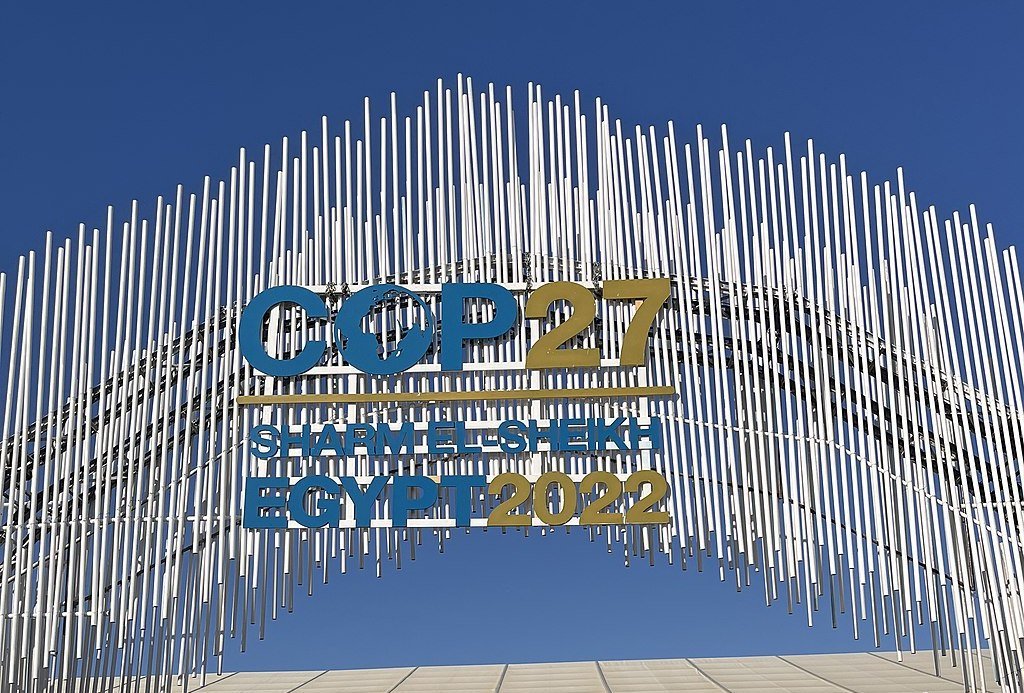Ever since the 2013 Croatian accession to the European Union, Croatian governments have been eager to pursue the goals of European integration, one of them being joining the Eurozone. The ruling EPP-aligned HDZ government has made significant progress in achieving these goals, always eager to cooperate with respective European institutions. They proved a reliable partner during the 2020 Croatian presidency of the EU and the Croatian city of Rijeka’s tenure as 2020 European Capital of Culture. The government has therefore stated that their next goal in pursuit of European integration will be to conduct a full-scale adoption of the euro before the next parliamentary elections in 2024. In accordance with this, the Croatian National Bank has released a definitive list of motifs to be depicted on Croatian coins once the country transitions, based on propositions that were made via an online questionnaire open to the Croatian general public.
One of the motifs is a figure of Nikola Tesla, a famous inventor credited with the discovery of alternating current. This proposal has reignited the debate on ethnicity of this inventor, born in modern-day Croatia to Serbian Orthodox parents, with Serbian media claiming that Croatia is appropriating a Serb as their own, therefore denying him from being a “true” Serb while also having no right to claim him as a Croatian as Croatia didn’t exist as an independent state at that time. But the discussion of whether Tesla should be on the coins has overshadowed an arguably more important question of whether Croatia is doing the right thing by introducing Euro in the first place.
Adam Martic – a student of Philosophy and Sociology at the University of Zagreb and a member of the Croatian Serb minority made a few observations on the Tesla conflict:
Croatian Serbs have long been a bastard “nation” that Croats reject as foreign agents and Serbians discriminate against and do not see as authentic Serbs. Nikola Tesla was a person whose Serbian ethnicity is difficult to challenge, and Croats, except for those who are particularly nationalistic, do not even try to do so. Therefore, Tesla is a recognized and probably the world’s most famous member of the Serbian national minority in Croatia. Today the news broke – the bust of this Croatian Serb will adorn the Croatian 50 cent coin, and thus Tesla will become the only person shown on any Croatian coin. Serbian media, on the other hand, instead of welcoming such an honorable recognition to a member of the Serbian national minority, spit on this decision because, “Croatia is appropriating Tesla again.” Once again, the Serbian media show that they do not understand or deliberately do not recognize the complexity of national identity, rejecting the idea that a Croatian Serb like Tesla can belong (as he himself has repeatedly stated) to two nations at the same time and feel as both a Croat in a national sense and a Serb in an ethnic sense. This is just another indicator of how much Serbia does not really care about the position of Croatian Serbs and the status of our rights in Croatia and wants to use us just as a means of perpetuating Serbian national mythology instead. We are not important as individuals or as a people, but only as an example of a Western or Croatian “conspiracy against Serbs”, a belief embodied in perverted nationalist celebrations such as the ones marking the persecution of Serbs during the Operation Storm, while topics such as the discrimination against Krajina Serbs in Serbia remain the strictest taboo that almost no individuals or organizations seem to take an interest in.
P. S. This statement should not be understood as supporting the introduction of the Euro in Croatia in any way. Despite the mentioned positive representation of the Serbian minority, I believe that the additional surrender of financial sovereignty is harmful to the Croatian working class and so the euro should not be introduced.
The leading Croatian Serb weekly publication Novosti has also released an article in support of a coin bearing Tesla’s image:
“The news that Nikola Tesla’s likeness will adorn euro coins is one of the ways to repay the great scientist for everything that was done to him and his heritage from the bombing of the monument in Gospić to the concealment of his name”, their correspondent states in reference to the 1992 wartime bombing of Tesla’s monument in his home region of Lika and the Franjo Tuđman administration’s decision to rename a number of institutions that were named in Tesla’s honour during Yugoslav times.”
The Barricade asked Adam Martic to elaborate on the evolution of the understanding about Tesla in Croatia and what the current scandal means. This is what he said:
When Tuđman died in 1999, an era of croatian politics ended, and with reactionary movements losing power, the Croatian outlook on the inventor changed as well. During the 2000s and 2010s Croatia started again to claim him as their national, justifying this by the fact he was schooled and lived in his youth in the Croatian kingdom that, although ruled by Austria, was still largely autonomous. This move coincided with increased cooperation of Serbian minority organizations, chiefly Independent Serbian Democratic Party (SDSS) with various Croatian governments, as well as HDZ’s dissociation from their previous tendencies towards radical nationalism. On the other hand, Croatian concessions to Serbian minority during this period have also been largely symbolic – either the introduction of Cyrillic tablets on state institutions in areas with significant Serbian minority or deploying bilingual street signs, et cetera, even recently restoring the Tesla statue in Gospić, and now they are approving this Croatian Serb as an international symbol of the country.
Basically, this seems yet another attempt by HDZ to curry favor with the Serbian minority in the country – with Croatian Serbs as political pawns, this time in service of Croatian/HDZ interests, as well as providing a convenient smokescreen to redirect the public attention away from the fact that Euro is being introduced. Even so, I still support this act of political representation and look forward to the improving relationship between Croatian majority and Serbian minority in the country.
As for the debate on joining the Eurozone, I think that the public isn’t informed well enough on the effects that the introduction of the euro will have on their day-to-day life. A line repeated by politicians states that the euro will raise our salaries closer to the European average, but I’m unsure if it will increase salaries by a margin larger than its increase to the cost of living. And the fact that we will be surrendering a significant portion of whatever financial sovereignty we currently have while gaining only uncertain promises of marginal gain to the common man doesn’t strike me as a deal that’s particularly good for Croatia
Foto: Contemplations on symbols in future Croatian eurocoins (source: Croatian National Bank)
The Barricade is an independent platform, which is supported financially by its readers. If you have enjoyed reading this article, support The Barricade’s existence! See how you can help – here!
Also, you can subscribe to our Patreon page. The Barricade also has a booming Telegram channel, a Twitter account and a YouTube channel, where all the podcasts are hosted. It can also be followed in Rumble, Spotify, SoundCloud and Instagram.











